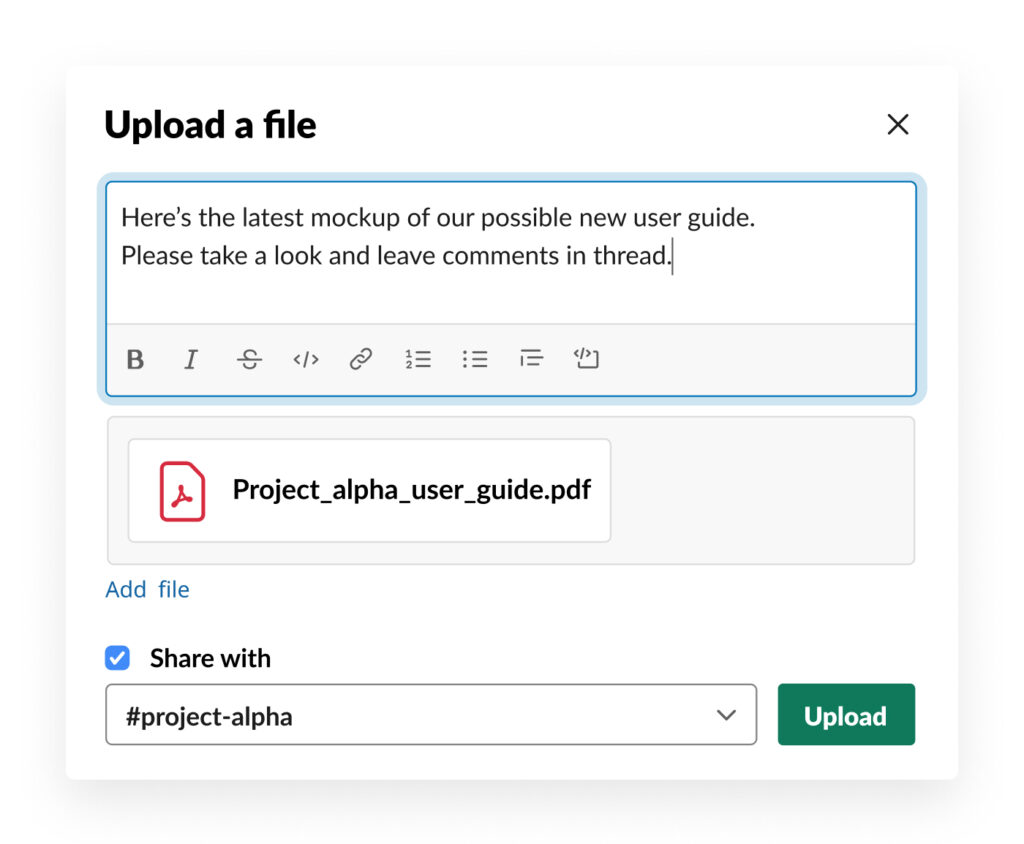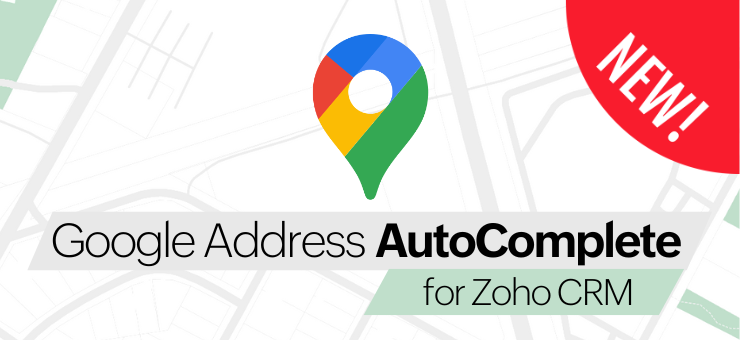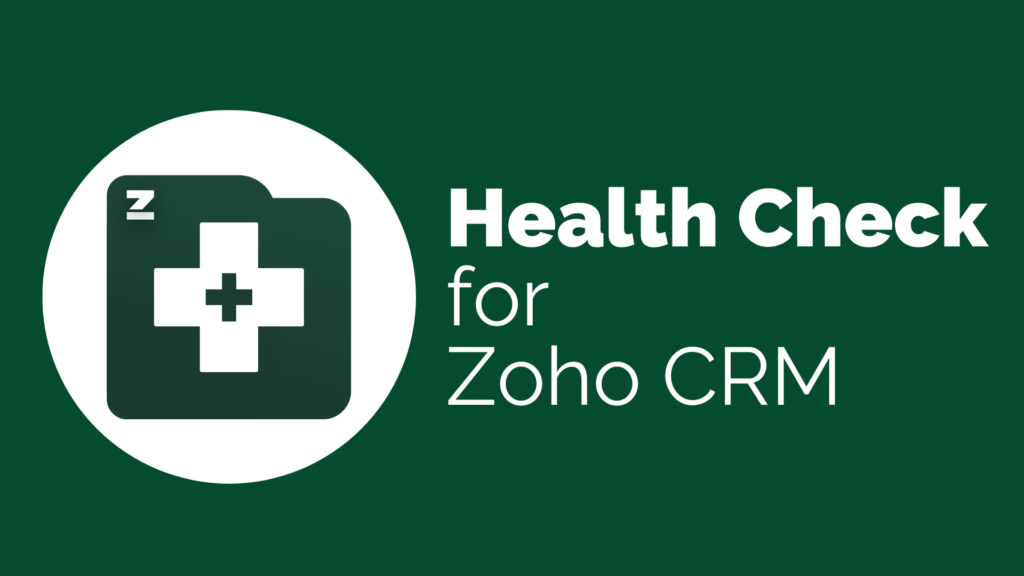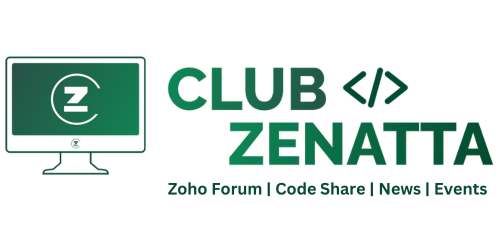Slack and Zoho Cliq are two of the most important digital collaboration tools available. These tools are relatively new, so companies that adopt them early can earn a substantial competitive advantage.
Online collaboration has become more important than ever before. Today, teams are increasingly spread out across the world, and they need an effective way of working together closely. Even when team members are in the same office, they often work from home and travel more frequently than in the recent past.
Digital tools have emerged that seek to help team members to communicate effectively regardless of where they are located. These tools can facilitate better communications within a traditional office setting or empower remote teams to work together.
Digital tools substantially improve communications to the point where teams can generally collaborate more effectively than through traditional meetings, emails, and internal chats. As a result, internal collaboration tools are an important part of keeping teams competitive in today’s world.
Both Slack and Cliq are affordable products that help teams to improve how they communicate. However, which product is more effective overall? Read on to learn whether your organization should be using Slack or Cliq.
Slack Features
Slack is one of the most popular collaboration tools used by today’s teams. The platform was started in 2013 after a company called Tiny Speck worked to develop an internal communication system while developing the game Glitch.
Although Glitch was not commercially successful, Tiny Speck quickly realized its internal collaboration tool solved an existing need in the marketplace. Slack grew quickly, and it was later sold to Salesforce in January 2021 for $27.7 billion.

Today, Slack has over 12 million daily active users because of the wide range of features that it offers. In general, Slack functions as a private social media network, online video collaboration platform, private file-sharing tool, and automation facilitator.
Team-Based Social Media
Slack offers communication features that are similar to what Twitter offers. Users can follow specific groups and hashtags that correspond with teams, projects, or organizational tasks.
Posts can reference specific users or hashtags by using “@” or “#,” respectively. Users can also easily initiate private message chats with other users by typing “/msg” followed by the other user’s name.
Video Collaboration
Zoom has recently become popular for virtual meetings, but it has serious security flaws that concern companies with substantial intellectual property. Slack offers an effective alternative by making it easy for teams to start video calls kept private within its network.
File-Sharing Features
Share files on Slack through attachments added to posts or messages. Anyone who is a member of a channel or referenced in a post can view, like, favorite, and comment on files they see. As a result, team members can quickly get feedback from a broad range of individuals, and they can share their progress in a smart manner immediately.

API Integration
Control nearly any feature on Slack through APIs. Therefore, it integrates well with third-party apps that offer support for Slack. Slack also gives companies access to their full APIs. This allows them to code their own internal apps to achieve any necessary functionality.
Cliq Features
Zoho is an experienced market leader that has been active in the cloud application space since 1996. The company is based in India, and it has headquarters in the U.S., Europe, Singapore, and other major markets worldwide.
Zoho offers a wide range of cloud-based apps designed to help businesses improve their performance. As a result, Zoho saw an opportunity to develop a collaboration app that fully integrates with its other products to enable organizations to enhance their performance in ways, unlike competitors.
Cliq stands out for taking substantial steps to help organizations leverage automation to improve their communications. Chatbots and task management tools are used throughout Cliq’s app. Cliq also has an API, and it is fully integrated with other Zoho tools to streamline performance and encourage the use of data and analytics.
Group Video Calls
As with Slack, Cliq makes it easy for teams to start private video calls through a secure channel. Access these video calls on any device, including smartphones, tablets, and PCs.

Teams can easily share files or messages throughout Cliq’s video calls. Video calls are unlimited in Cliq, so always-on video collaboration is fully supported.
Fork Messages
One of the problems with conventional messaging apps is getting team members up to speed on an issue before getting started. Cliq offers the ability to easily fork messages over to another party. These forked messages can then form the basis of a new chat, and team members who participated in the original chat can also optionally join in.
Forked messages are especially powerful for companies that regularly rely on contractors. When you can communicate an issue in less time, you can rely on contractors for more granular tasks to leverage greater specialization.
Make Conversations Actionable
Cliq helps teams get more out of their conversations by automatically enabling reminders based on what is said during a conversation.
Also, easily flag messages to form a reminder to do a task at a later point in time. In this way, conversations can be much more productive while the chances of forgetting an important task can be substantially reduced.
Unlimited Secure Storage
As a leader in the cloud software space, Zoho has the infrastructure to offer world-class file storage. Consequently, Cliq subscribers gain access to unlimited cloud storage for files, messages, and other data. Zoho takes data security very seriously, rest easy knowing your data is safe and secure.
Slack vs. Cliq: Which Solution Is Better for You?
The reality is that both Slack and Cliq can be good options for today’s businesses. However, both solutions offer their own unique range of features that can be ideal for certain use cases. Some of the key differences to keep in mind when choosing between Slack and Cliq are detailed below.
Integrations With Other Apps
Both Slack and Zoho Cliq support an API. However, only Cliq is naively designed to work directly with other Zoho apps. Cliq offers seamless integration with Zoho Mail so that messages can be sent and received in one single place.
Cliq also fully integrates with Zoho CRM. Therefore, sales teams can easily collaborate on specific deals while easily bringing technical, management, and third-party resources into the conversation.

Other integrations with Zoho products can help to coordinate activities for expense management, inventory tracking, and customer service functions. Slack, on the other hand, only supports integrations with third-party software.
Security
One of the problems with Slack is that it has a history of serious security issues. Researchers recently found more than 12,000 Slack workplaces for sale online, and its entire database was hacked in 2015.
In contrast, Zoho Cliq has no history of serious security breaches. Cliq has managed to safeguard the data of its customers because it is backed by Zoho’s proven security measures.
Pricing
Slack charges $6.67 per user per month. On the other hand, Cliq starts at just $.9 per user per month for up to 10 users.
The Bottom Line
You should consider your own needs to decide which product is right for your organization. Overall, Cliq offers the best value for most organizations because it is very inexpensive while still offering a wider range of features than Slack. Cliq is also ideal for companies that currently use other Zoho products. Nevertheless, you should take advantage of the free trials that Slack and Cliq offer to decide which solution is right for you.









